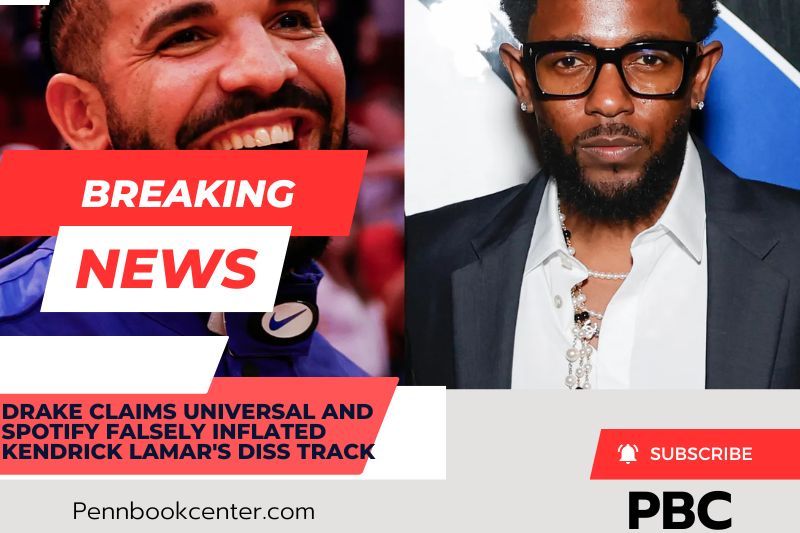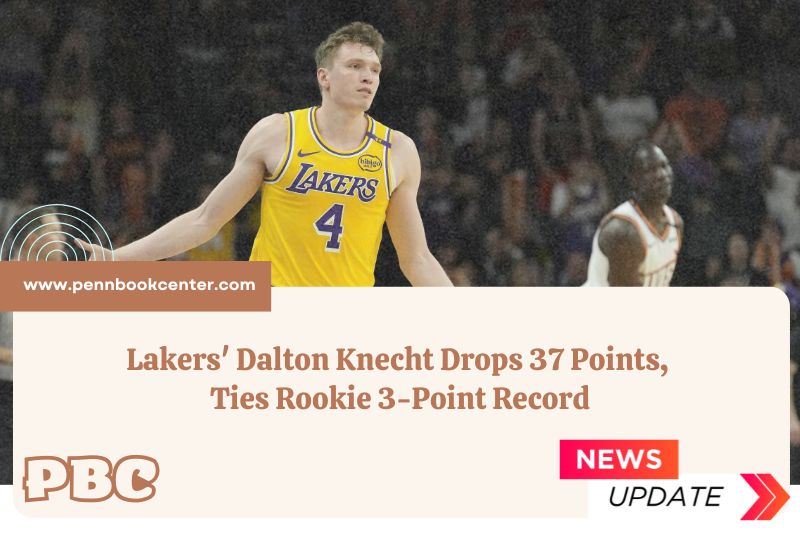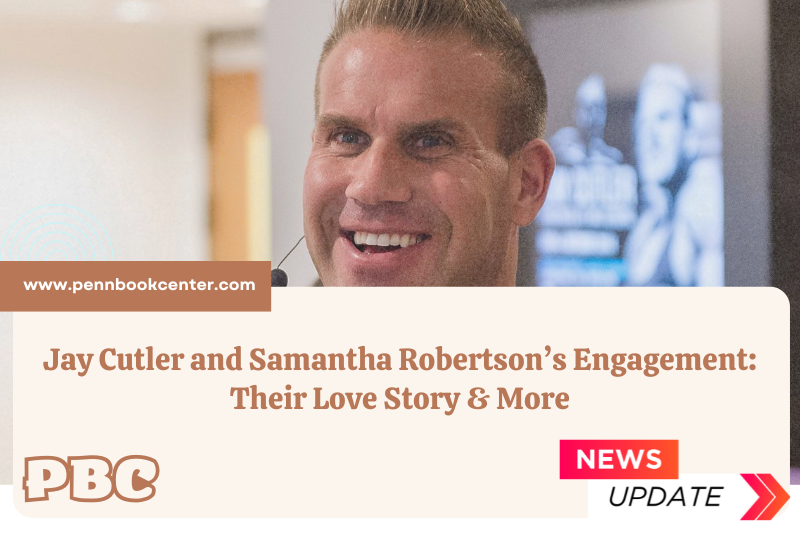In a surprising legal move, Drake has accused Universal Music Group (UMG) and Spotify of manipulating the streaming numbers for Kendrick Lamar’s diss track Not Like Us. The track, which has over 900 million streams, was released amid the ongoing feud between the two rap giants.
This legal action has sparked questions about the ethics of streaming practices in the music industry. Let’s dive into what’s really happening.
Introduction to the Legal Dispute Between Drake, Universal Music Group, and Spotify
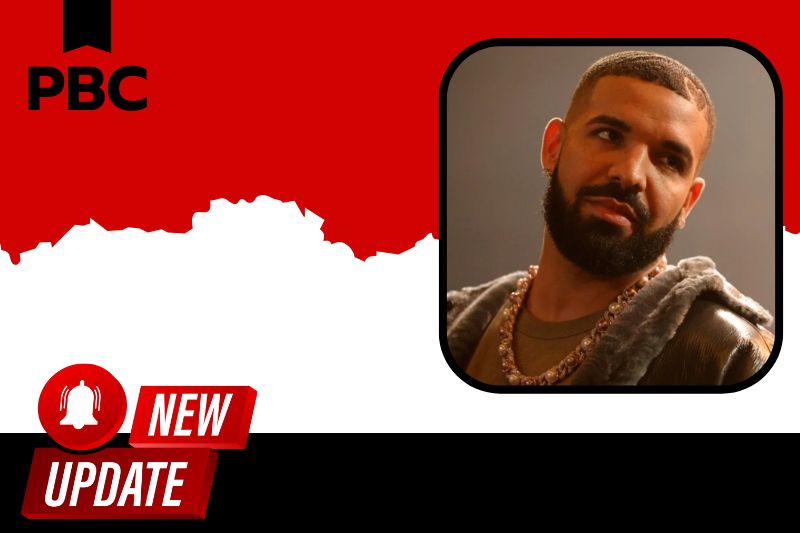
Drake’s accusations against UMG and Spotify have sent shockwaves through the music industry. The rapper has filed a legal petition with the New York court, claiming that both parties conspired to inflate the popularity of Not Like Us, a song by Kendrick Lamar.
The track was part of a series of diss songs exchanged between the two artists, fueling their intense public feud.
Drake’s company, Frozen Moments LLC, is demanding the preservation and divulgence of information that might serve as evidence for a larger lawsuit. This legal action centers around UMG’s alleged use of bots and pay-to-play agreements to artificially boost streaming numbers.
With Spotify being deeply connected to UMG, the issue goes beyond simple artist rivalry and taps into the larger mechanics of how songs go viral in today’s streaming-driven music world.
Drake’s Allegations: How Universal and Spotify Manipulated Not Like Us
According to Drake’s filing, Universal Music Group launched an orchestrated campaign to manipulate the success of Not Like Us. The song, which fiercely attacks Drake, reportedly benefitted from bots that generated fake streaming activity.
The petition goes further to claim that UMG also made special licensing deals with Spotify, ensuring that the track was prominently featured and its plays artificially inflated.
Drake’s allegations highlight the growing concern over the use of pay-to-play tactics in the music industry, where artists or record labels pay for additional promotion or to manipulate digital metrics.
For many artists, this has raised ethical questions about how Spotify’s algorithms influence song popularity, leading to the debate on the fairness of artificial streaming manipulation.
The Feud Between Drake and Kendrick Lamar: A Background
The bad blood between Drake and Kendrick Lamar is no secret. Their rivalry began in 2013 when Kendrick Lamar threw jabs at Drake in his track Control.
Over the years, their relationship has deteriorated, with both stars exchanging shots in interviews and on songs.
Not Like Us, released in May 2024, is one of the latest songs that contributed to escalating tensions.
The track, loaded with lyrics targeting Drake, quickly became a hit, largely due to the dramatic nature of the feud. Drake’s legal move comes as a response to the success of Not Like Us, and it’s no surprise that he would question its sudden popularity, especially given the alleged tactics used by UMG and Spotify.
Spotify’s Role in the Controversy: What the Streaming Giant Has Said

Spotify, which has been at the center of previous legal cases involving streaming manipulation, has denied any wrongdoing in this case.
The company has been vocal about its commitment to combating fraudulent streaming activity, stating that it invests heavily in both automated and manual reviews to ensure that streaming numbers are not artificially inflated.
While Spotify refrains from commenting on this particular lawsuit, the company’s history of cracking down on fake streams, using various technical measures, is well-documented.
However, questions remain regarding whether Spotify’s efforts are enough to prevent pay-to-play tactics from seeping into the platform’s operations, particularly in collaboration with UMG.
Universal Music Group’s Response to Drake’s Lawsuit
Universal Music Group has responded swiftly to Drake’s allegations, calling them offensive and untrue.
In a statement, UMG denied any intentional manipulation of streaming numbers, asserting that they operate with the highest ethical standards in marketing and promotion. The company also rejected claims of using bots or special deals to inflate the song’s success.
However, the allegations suggest that UMG may have fired certain employees loyal to Drake in an attempt to cover up their actions. This only adds fuel to the fire, as it points to internal efforts to hide the true extent of the alleged scheme.
For now, UMG maintains that fans’ choices and natural streaming growth are what led to Not Like Us’s success.
Impact of the Legal Case on the Music Industry and Streaming Platforms
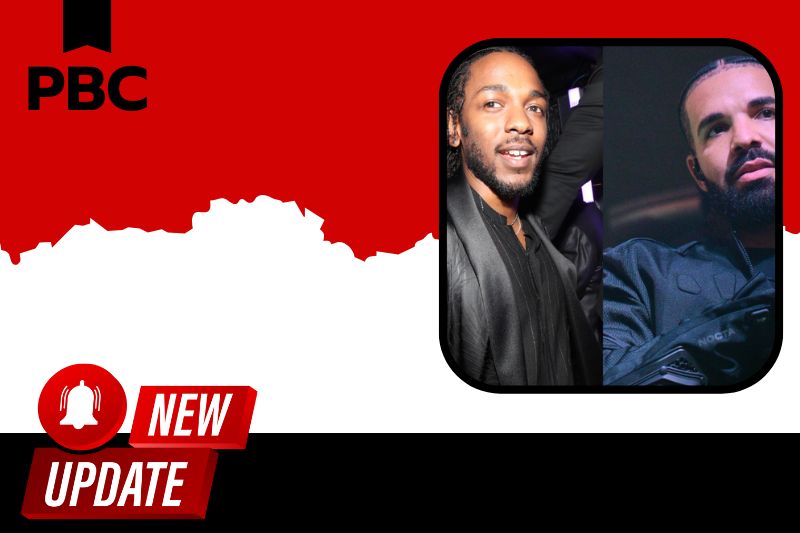
Drake’s lawsuit has the potential to reshape the way the industry views streaming manipulation. If it proves that Spotify and UMG were involved in artificially boosting tracks, it could set new precedents for how record labels and streaming platforms are regulated.
With pay-to-play tactics on the rise, artists may face a more difficult time distinguishing between genuine fan engagement and artificially inflated numbers.
This legal battle also raises important questions about the fairness of the streaming ecosystem. As the music industry becomes more digital, the stakes are higher than ever. Whether or not Drake wins his case, the lawsuit will likely spark a conversation about transparency in the digital age.
What’s Next for Drake, Kendrick Lamar, and the Streaming World?
The future of this feud—and the case—remains uncertain. If Drake’s lawsuit progresses into a full legal battle, it could expose deeper issues within the music industry and its relationship with streaming platforms like Spotify. Kendrick Lamar may find himself embroiled in legal consequences as well, depending on the findings.
Meanwhile, Spotify and UMG may need to tighten their policies around artificial streaming to avoid further scrutiny.
Regardless of how the legal proceedings unfold, the case represents a turning point for the way the industry handles viral success, streaming metrics, and artist collaborations.
Conclusion
This ongoing legal case between Drake, UMG, and Spotify highlights the growing concerns around artificial streaming and its impact on the music industry. What happens next could change how we view streaming success for good.
For more updates on this and other celebrity news, be sure to visit Pennbookcenter. Don’t forget to share your thoughts in the comments or read more of our content!

